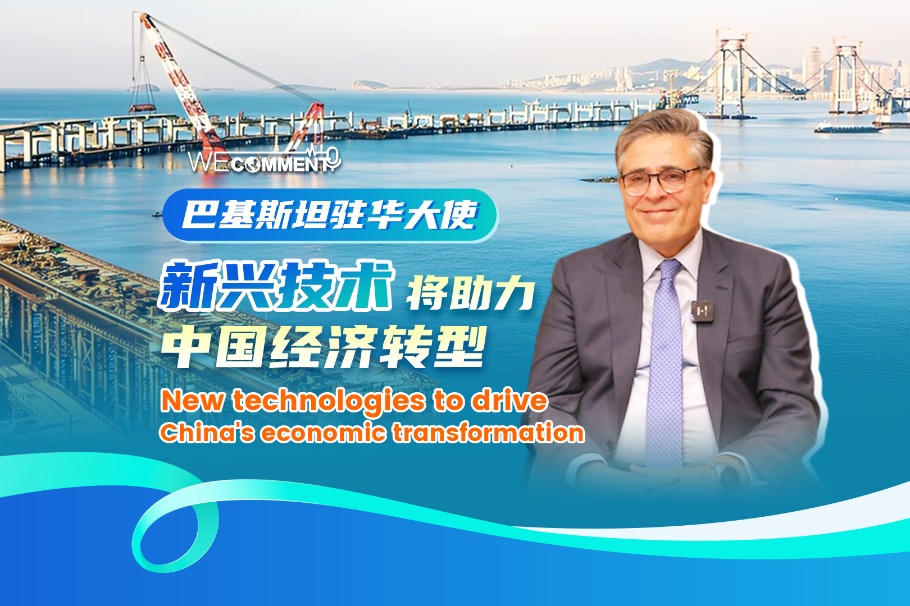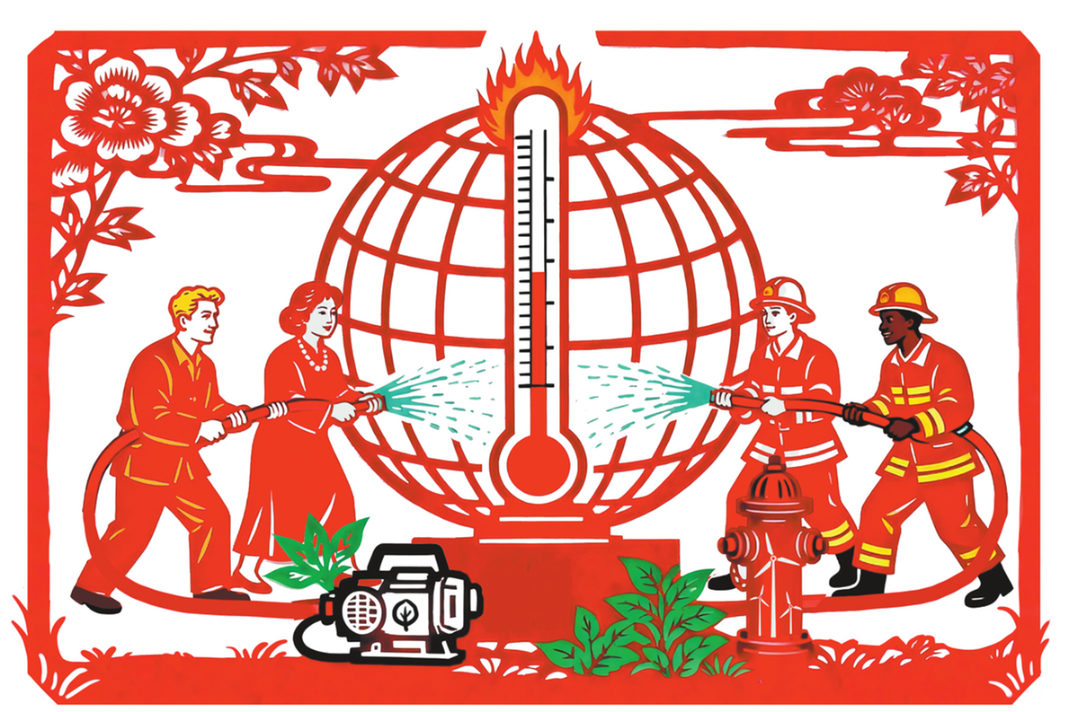High tariffs will not solve US, EU structural problems


On March 6, the European Commission decided to extend the existing anti-dumping tariffs, from 48.3 percent to 71.9 percent, on Chinese seamless pipes and stainless steel tubes for another five years. A day later, the EC raised its pitch higher, saying it stands ready to retaliate "proportionately and fully in line with the World Trade Organization rules" against US President Donald Trump imposing tariffs of 25 percent on steel imports and 10 percent on aluminum imports, except those from Canada and Mexico.
Before the United States decided to impose the tariffs to "protect" the US economy, the European Union had been urging it to remove the European bloc from the list of targets because the two sides were allies and security partners.
In response to the US move, steel producing economies such as the EU and China have threatened to levy import duties on US exports. Also, China might consider taking action against the EC's decision to extend the tariffs on Chinese seamless pipes and stainless steel tubes. If the US, too, targets China, the price of retaliation will be high as well.
The rising threat of a trade war reminds one of a Chinese saying: Don't do unto others what you don't want others to do unto you.
The EU and the US have taken excessive remedial measures without acknowledging China's successful efforts to reduce its steel production capacity. The EU and the US, being the world's most sizable and advanced economies, should therefore shoulder their due global responsibilities to maintain the stability of the global economy. Instead, they seem to be threatening global governance, especially in the economic realm.
This is the 10th year of the global financial crisis that originated in the US, and was soon followed by the EU sovereign debt crisis. The financial crisis prompted the G20 leaders to reach a consensus that they would not resort to trade protectionist measures, and implement stimulus packages if needed.
China injected part of its foreign exchange reserves and other resources to contribute to the world economy in order to stabilize it. It also implemented economic stimulus measures to contribute more than 30 percent of global economic growth and boost global confidence.
In recent years, more than 1 million Chinese workers have left the steel sector, as a result of reduced steel overcapacity to meet the global agreement. For years, China has been making consistent efforts to rebalance its economy, from export-and investment-led growth to quality-and innovation-oriented growth, by taking measures to increase imports and domestic consumption. The rebalancing efforts will bring tremendous benefits for exporters such as the EU and the US. In fact, China's imports from all its leading trade partners have increased at a significantly faster pace than its exports to them.
As such, the progress China has made should be welcomed and encouraged by the rest of the world, especially the US and the EU. And now that the world economy seems to be returning to normal, the US and the EU should make more efforts to sustain it instead of harming it. The best the EU and the US could do to tide over their problems is to discuss them at multilateral and bilateral forums.
The previous decade saw the world's top economies holding talks to find solutions to global and domestic problems, and deciding to abandon protectionism and the use of punitive measures.
When the going was tough in the global economy, the top economies readily agreed to reach and implement mutually beneficial agreements. It should be easier to honor those mutually beneficial agreements at a time when the global economy has started recovering. The results of collective wisdom to deal with a crisis should not be forgotten.
It's high time therefore that the EU and the US stopped taking trade protectionist measures by slapping higher tariffs on Chinese products and, instead, focused on structural reform to improve their competitiveness in the global market.
The author is deputy chief of China Daily European Bureau. fujing@chinadaily.com.cn


































